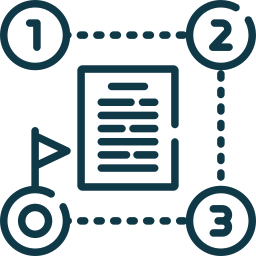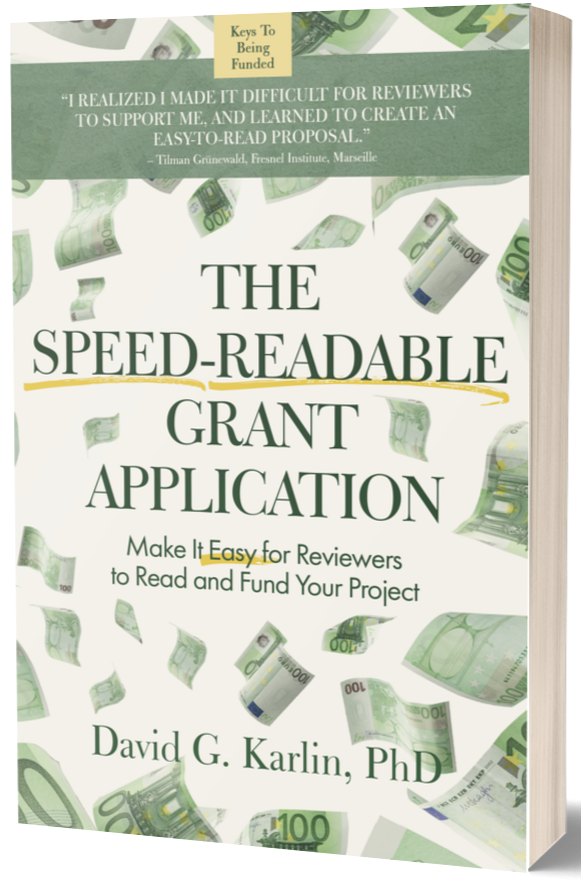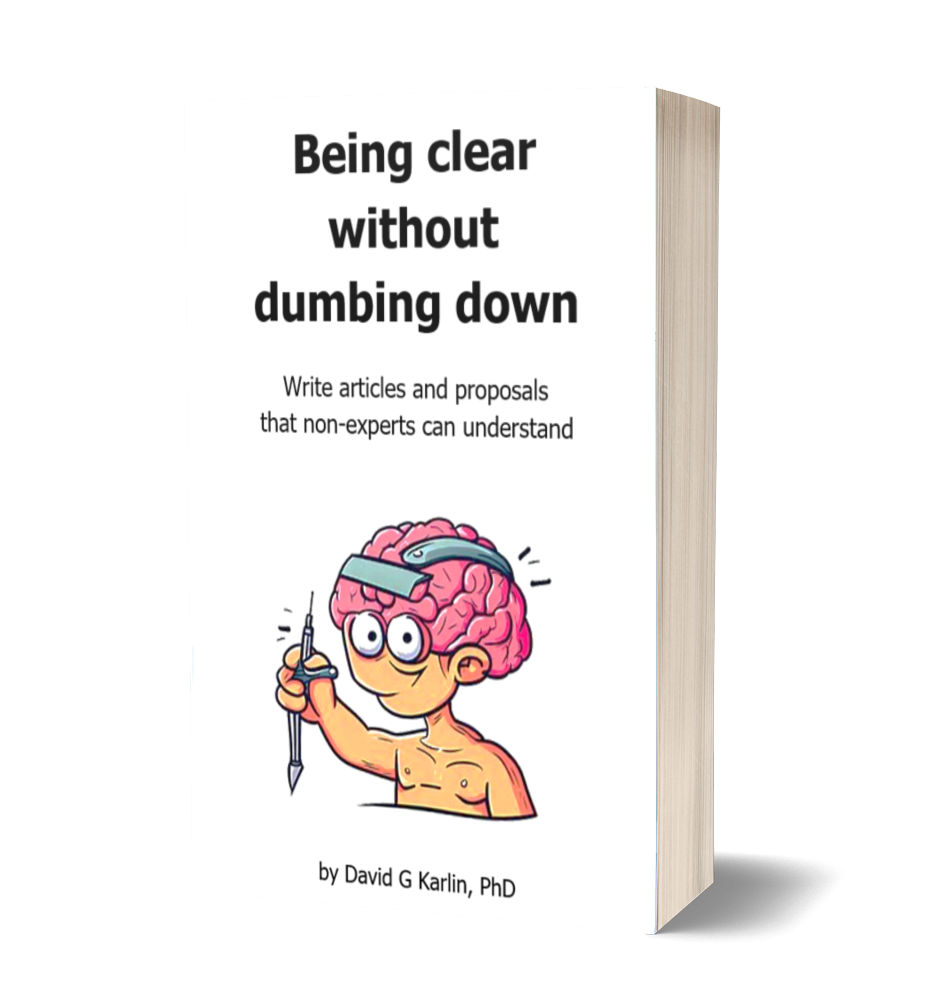No more books you don’t finish!
Books about funding & publishing that you can read in one sitting

My books are based on an observation: researchers often buy books about funding or publishing, but never finish them. They tell me “The book looked great, but I don’t have the time. I want something I can apply immediately”.

That’s why I decided to write short, practical books. No more buying books you don't finish! These are designed to be read in one or two sittings, and are applicable to any field of research, at all career stages.
Each book provides you with step-by-step methods you can immediately apply, saving you an enormous amount of time – and stress.
Keys to Being Funded series, for busy researchers
After 10 years training researchers, I have identified the three keys to writing a competitive proposal. Each book in the series corresponds to one key, and teaches you to design a proposal that:
• can be read and understood in 20 minutes (Book 1)
• has a clear scientific logic (Book 2)
• stands out from other proposals (Book 3)

Book 1 – Writing speed-readable grant applications
The number 1 problem that researchers face when writing a proposal, but are often not aware of, is that members of funding panels, who take the final decision, only have 15-20 minutes to read your proposal. To make things worse, most are not experts in your field, which makes it even harder for them to understand your proposal in this very short time.
This book will teach you how to structure your proposal so that reviewers can read and understand it quickly, and what’s best, so that they easily find the information necessary to give it a good score. The same method will help you design clearer articles, reports, talks, CVs, and emails.
Book 2 – Standing out from other applications
Expected late 2025
Book 3 – Designing projects with a clear scientific logic
Expected in 2026
Writing ERC fellowship applications
Expected late 2026

FREE guide - Being clear without dumbing down
Much of your research is evaluated by non-experts. They rely on the reviews of specialists, sure, but they take the final decision. Yet they cannot fund or publish you if they do not understand the essence of your research project.
This short, actionable guide will tell you exactly how to make your research clear even for non-experts, without dumbing it down. It contains three powerful guiding principles developed after coaching 1,000 researchers to simplify their papers, proposals and talks. There is no other guide on the topic, so reading it will give you a genuine competitive edge.


